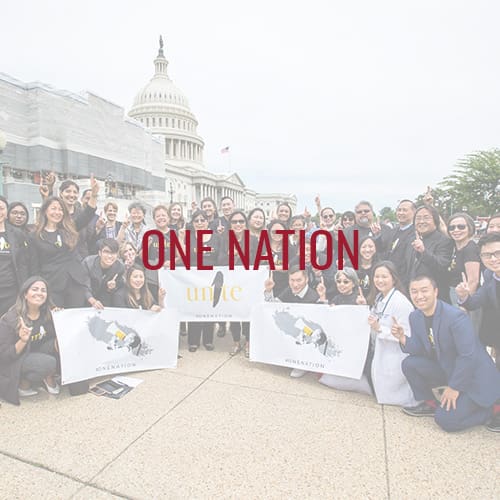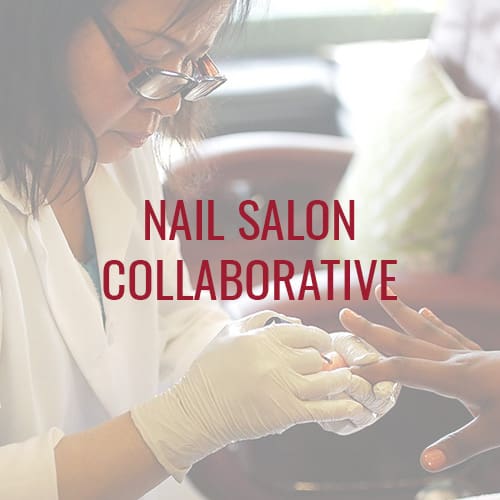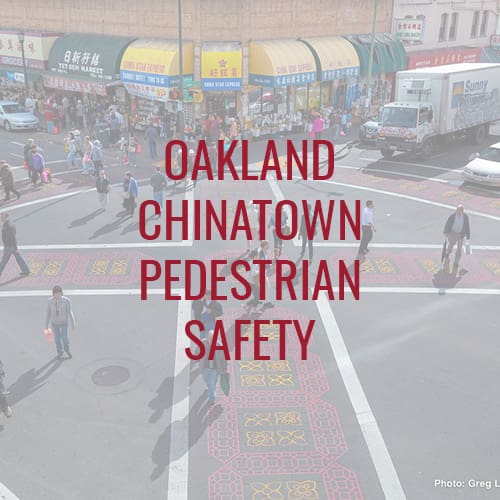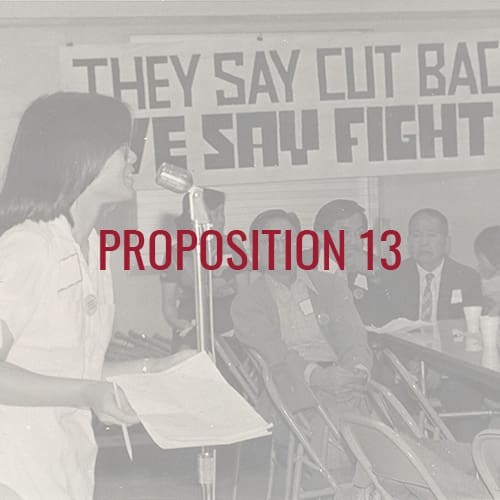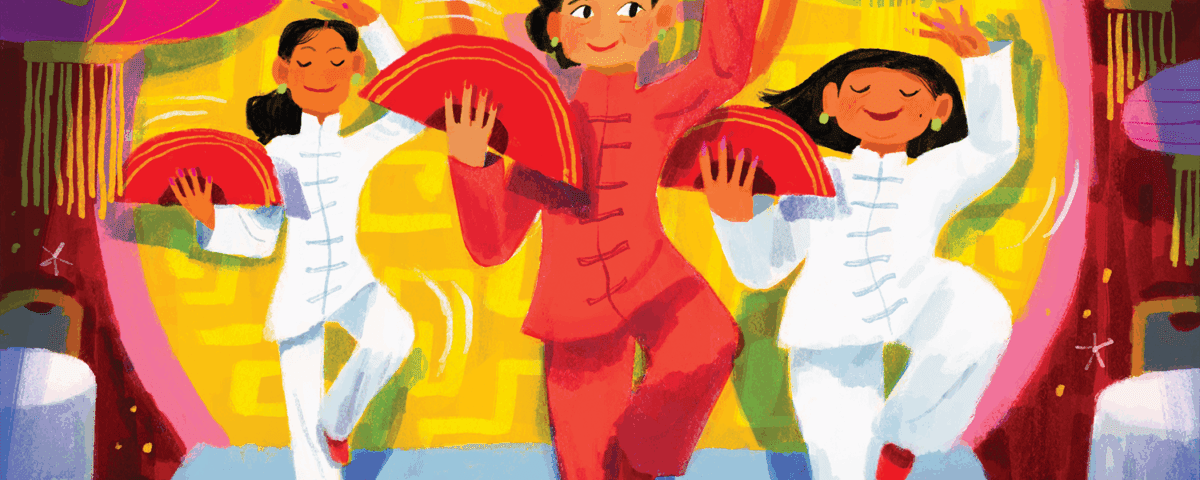
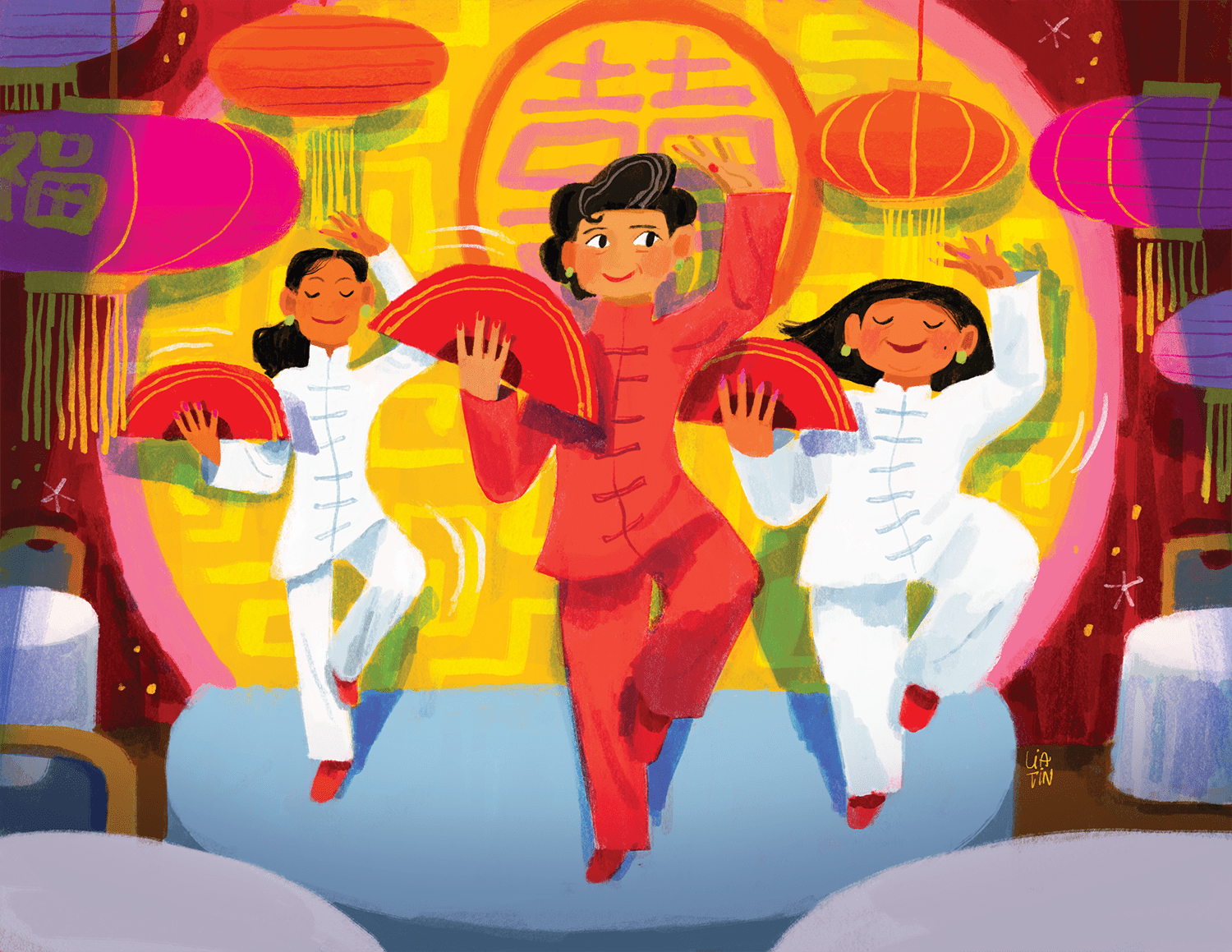
Jia Qi
Originally from Tianjin, China, Jia Qi has called Oakland her home for over 20 years. Now in her 70s, she lights up street festivals with her dancing and enjoys sharing the art of the tai chi fan dance with her neighbors and community.
ROOTS & BEGINNINGS
Interviewer: 你是怎么样决定来到美国的?
How did you decide to come to America?
Jia Qi: 那时候是父亲申请我们来的嘛哦就想看看。反正就有的人说好,有人说不好,我就想去 看看。看看不行再走。
At the time, my parents invited me to come, and I just decided to see what it was like. Some people say America is good, some people will say it is bad. I wanted to see it, and if it wasn’t good, I’d leave.
Interviewer: 所以你移民到美国的时候你还没有决定要不要待在美国你就是想看看
So when you came to America, you hadn’t decided if you wanted to stay yet.
Jia Qi: 对对
Yes, yes.
Interviewer: 你一开始来的时候就来到加州了吗?
When you first came, did you come directly to California?
Jia Qi: 没有动,一直在奥克兰
I never moved, I have always been in Oakland.
Interviewer: 你来到美国的时候有什么别的感受吗?就有什么你觉得怪怪的,或者你不熟悉的地 方?
How did you feel when you came to America? Did anything feel strange or uncommon to you?
Jia Qi: 就觉得这人少,没有那么热闹。感觉人特别少
Just that there were very few people, and not very lively.
Interviewer: 奥克兰人还算比较多!
And Oakland is pretty populated already!
Jia Qi: 出门都是人晚上也赶出来这晚上都不敢出来
Yes, I don’t go outside at night.
Interviewer: 天津人多. 你说过你一开始来美国的时候你还没有决定要不要待在美国你是怎么样最
后决定待在这边呢?
There are more people in Tianjin. You said that when you first came to the United States you hadn’t decided whether or not you wanted to stay. How did you ultimately decide to live here?
Jia Qi: 那时候,反正一来了就觉得生活压力很大的,因为一来了那房租每月就交好几百。因为 那个感觉压力很大。然后就出去做工吧,慢慢慢慢就适应了。后来又上那里去上学然后什么学英 语然后又在这里转正在这里上班转正了,就到退休。
At the time, I felt like my life was very stressful. Because rent was very high, and each month was several hundred dollars, I felt a lot of pressure. I went to work, and slowly got used to living here. Afterwards, I started taking English classes and got used to work, so I stayed.
Interviewer: 你是做什么的?
What did you do for work?
Jia Qi: 也是社工吧。就是St. Mary’s Center, 那个三十二街那边也是为老人家服务的老人就是活 动中心吧
It counts as volunteer work. It’s St. Mary’s Center, on 32nd street. We would serve elderly people…kind of like an elderly person central.
Interviewer: 那边中国人也多吗?
Are there a lot of Chinese people there?
Jia Qi: 不多,但是客人中国人很多到那去活动的人挺多。我们就给他们服务嘛。
No, not very many. But there were many Chinese customers and Chinese people attending the events. We would serve them for work.
TAI CHI + COMMUNITY
Interviewer: 你现在有空的时候有什么爱好,就喜欢做什么?
When you have free time, what do you like to do for fun?
Jia Qi: 他们那个,就是跳个舞啊。就在Lincoln,有组织。然后参街会加什么的。
That would be dancing. At Lincoln, and we will even perform at street festivals.
Interviewer: 广场舞吗?
Is it square dancing?
Jia Qi: 对,还有排排舞,他们就是组织,我就觉得那个,现在年纪大了,就跟他们活动活动吧,一起去。
Yes, there’s also line dancing. I just think that, I’m growing older, I should go out and join them.
Interviewer: 你觉得好玩吗?
Do you find it fun?
Jia Qi: 好玩呀。这两年街会,我们都演出参加。太极拳呀,太极扇,跳舞啊。
Yes it is! For the past few years, we always perform at the street festivals. There’s also taichi, taichi
with fans, and dance.
Interviewer: 活动厅吩咐的!
There are so many activities!
Jia Qi: 对呀,不能在家呆着,带着就废了。
Yes. You can’t just stay at home, otherwise you’ll waste away.
Interviewer: 你跳舞的时候…
When you dance…
Jia Qi: 会,心情很舒尔,听音乐很舒尔,心情
I feel very comfortable. Listening to music improves your mood.
Interviewer: 你会穿什么专门的衣服吗?
Do you have specialized clothes?
Jia Qi: 有啊,他们是,因为街会又时候给钱吗,然后他们就去买衣服然后天舞的时候穿。
Yes, because some of the street fairs pay money. They will use that money to buy uniforms to wear while
dancing.
ASIAN HEALTH SERVICES
Interviewer: 你为什么喜欢亚建社呢?
Why do you like Asian Health Serviecs?
Jia Qi: 亚建社就是语言沟通方便呀。主要是语言沟通。而且他们都挺友好的,就像,就像见到 你们一样就跟见了家人一样。很亲切。
Because it’s easier to communicate. That’s the main thing. Also, the people here are kind, almost as if seeing you all is like seeing your family members. It’s very close.
Interviewer: 你第一次去亚建社失去看什么病的?
What made you go to AHS for the first time?
Jia Qi: 忘记了。就是好像别人介绍我过来,然后到那个,就是会员部,正好那个林小粉刚刚到 这里上班那时候。那还在13街的楼底下的那个诊所。老人公寓楼底下。然后他是刚刚分配来,然 后就说现在刚好有一个会说国语的医生,刚刚来。他能,可以收新的病人就,我就看病的。时候历 程检查表每一年,这样。所以不是…
I forget. My friends recommended it to me as well. Then, it was still on 13th street, in the basement of the elderly home. When they first expanded, they told us that there would be a Mandarin speaking doctor who was taking patients. So I went for an annual checkup.
Interviewer: 哦所以不是,你生病了,你要找医生,就是每年…
I see, so it wasn’t like you were sick and seeking a doctor, you started going because of annual checkups.
Jia Qi: 对对对.
Yes.
Interviewer: 你是怎么参加PLC?
How did you join the Patient Leadership Council?
Jia Qi: 就也是我们公寓的朋友介绍的。
Also recommended by my friends in my apartment building.
Interviewer: 他也是在PLC?
They’re in PLC too?
Han: 对对对。
Yes.
Interviewer: 那你在PLC觉得怎么样?
How is it being in PLC?
Jia Qi: 觉得挺好的。每个月组织我们学习,然后现在我们那个手机版结束了,然后还是组织我 们每个月学习一次,嗯嗯嗯。那就根据现在的形式需要做什么,然后都组织我们培训。而且每次 都有教材给我们。挺好的。
It feels pretty good. Every month they organize classes for us. After our phone learning class ended, they organized different classes for us every month according to our needs in the modern day. They also have learning materials every time. It’s good.
Interviewer: 你一开始来美国的时候有没有看过不讲国语的医生吗?
When you first came to the US, did you ever see a non-Chinese speaking doctor?
Jia Qi: 看过,我第一次就是看牙,燃油在那个拿…看过。是一个朋友介绍过去的。那时候说的 是Open close都不知道。那时候感觉到好傻,那时候,就不知道就觉得自己是个傻子。就是个哑巴 ,什么都不会。
Yes, when I saw the dentist for the first time. My friend recommended that dentist to me. When the doctor told me to “open, close”, I didn’t even understand that. I felt so stupid, like I was an idiot. Like I couldn’t do anything.
Interviewer: 然后换成会说国语的医生是什么样的感受?
And then after you switched to a Chinese speaking doctor, how did that feel for you?
Jia Qi: 容易沟通,而且表达的比较清楚。
It was easier to communicate, and you can communicate more clearly.
Interviewer: 就如果有什么问题你能沟通的更方便。
Like if anything is bothering you, you can describe it better?
Jia Qi: 对对对。有时候你逼近请翻译他不会翻译的特别到位是吧。自己,你要说普通话就比 较容易沟通一些。
Yes. Sometimes, I mean at the end of the day, there are imperfect translations. If you can communicate directly, it’s better.
Interviewer: 你有了中国医生之后有没有感觉更健康? 就是保护健康。
After you got a Chinese doctor, did you feel healthier? Or that you were protecting your health?
Jia Qi: 嗯,对对对。
Yes.
Interviewer: 亚建社是怎么样帮助你保持你的身体转台呢?
How has Asian Health Services helped you protect your health?
Jia Qi: 就是经常来看医生,给你做检查。还有两次就是请的那个就是医生讲讲课,给你,应该 吃什么,注意怎么样根据你的业血报告,还是血脂高,我平常也没有糖尿病,也没有高血压,就是 血脂高一些。然后就介绍我应该吃什么麦片,应该吃哪一种,我就记得。还有一个小机器,站上面 ,测你肌肉有多少。
Seeing doctors frequently, doing checkups. A couple times they organized classes that teach you what you should eat, what you should avoid. I don’t have diabeties or high blood pressure, just high cholesterol. So they tell me to eat oatmeal, and teach me what kind. One time they even brought a small machine, where if you stand on it, it shows your body fat percentage.
Interviewer: 这是在医院吗?
Are these all in the hospital?
Jia Qi: 在医院,对。
Yes.
Interviewer: 你有没有什么一直做的东西?帮助你保持身体状态。
Do you have anything you do all the time to preserve your health?
Jia Qi: 跳舞?
Like dancing?
Interviewer: 散步肯定要散步。最起码,
Walking, at the very least.
Interviewer: 你走路多久?
How long do you walk?
Jia Qi: 一天一个小时吧。到Chinatown来转一圈就一个小时。
One hour every day. If I come to Chinatown, that’s one hour to circle through.
Interviewer: 还有别的吗?
Is there anything else?
Jia Qi: 跳舞啊。跳个舞反正是一个礼拜一次,然后太极拳有时候自己打。
Dancing. We dance once a week, and sometimes I’ll do tai chi.
Interviewer: 好,那我们结束啦。谢谢你。
Okay, then we have finished. Thank you.
Jia Qi: 谢谢你们社区大家庭在这里,感觉到特别温暖,希望你们班的越来越好。
Thank you all for helping create this community, and making it a warm place. I wish you all success for the future.
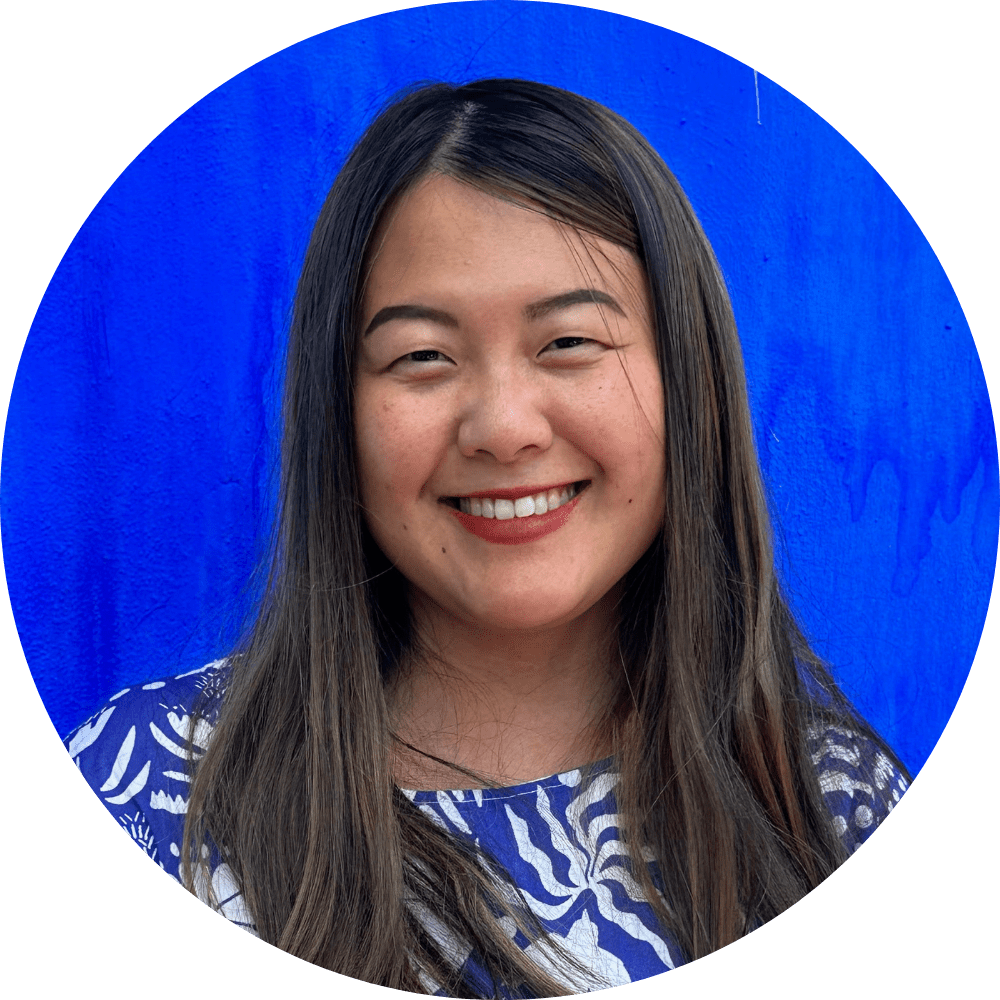
Lia Tin is a Chinese Indonesian illustrator, designer and artist living in Oakland, CA.

